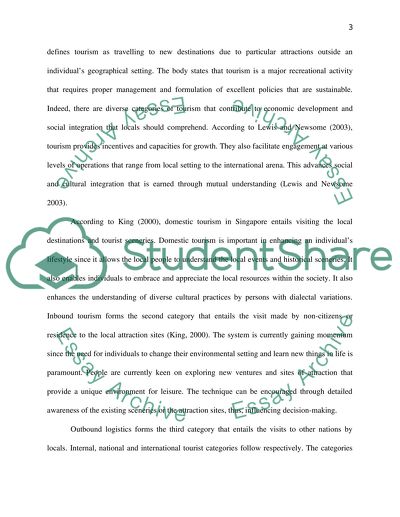Cite this document
(“Benefits of tourism to the local community Research Paper”, n.d.)
Retrieved from https://studentshare.org/tourism/1400696-business-research-method-literature-review
Retrieved from https://studentshare.org/tourism/1400696-business-research-method-literature-review
(Benefits of Tourism to the Local Community Research Paper)
https://studentshare.org/tourism/1400696-business-research-method-literature-review.
https://studentshare.org/tourism/1400696-business-research-method-literature-review.
“Benefits of Tourism to the Local Community Research Paper”, n.d. https://studentshare.org/tourism/1400696-business-research-method-literature-review.


